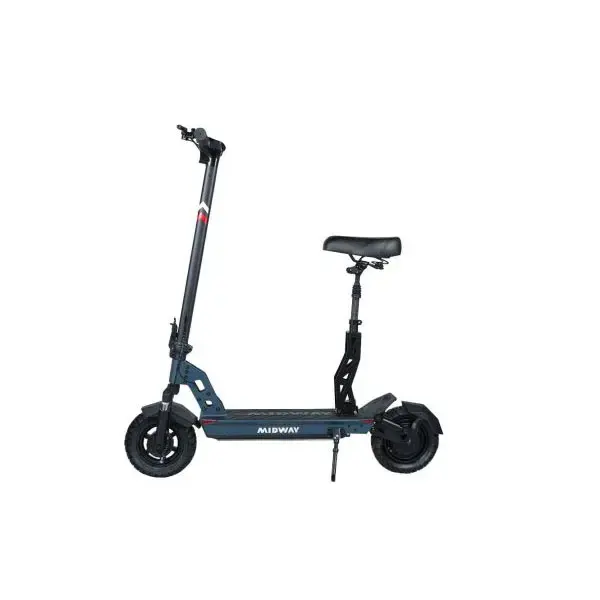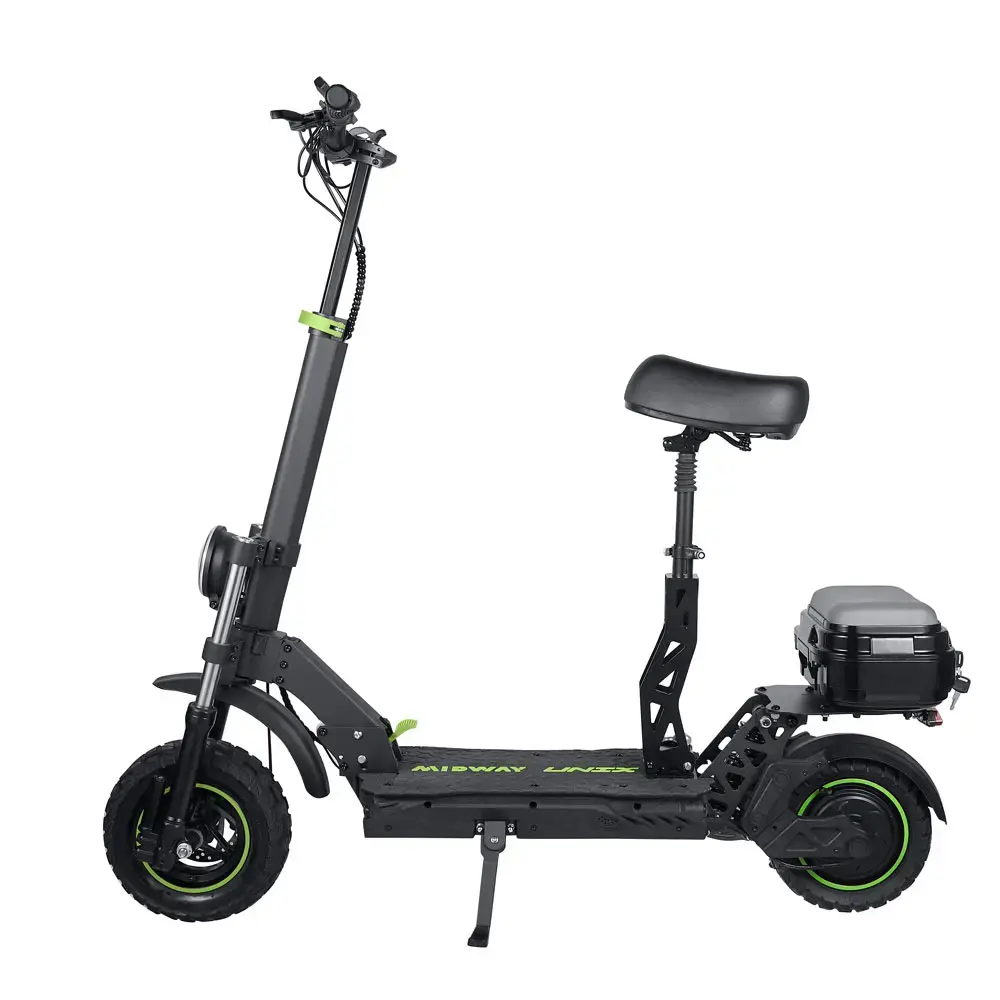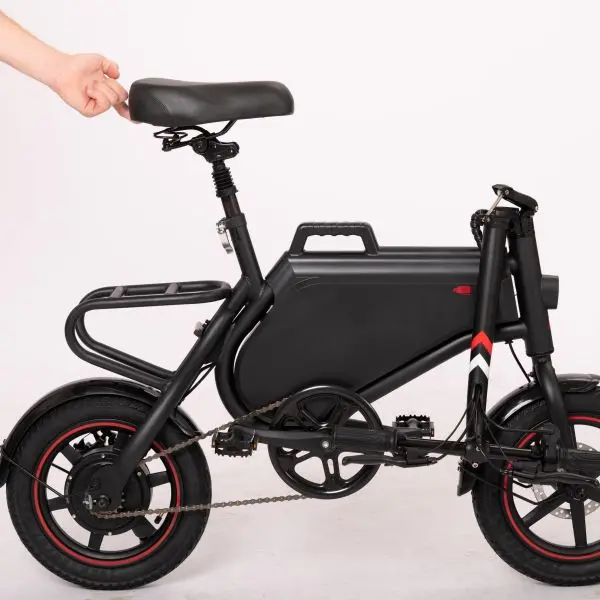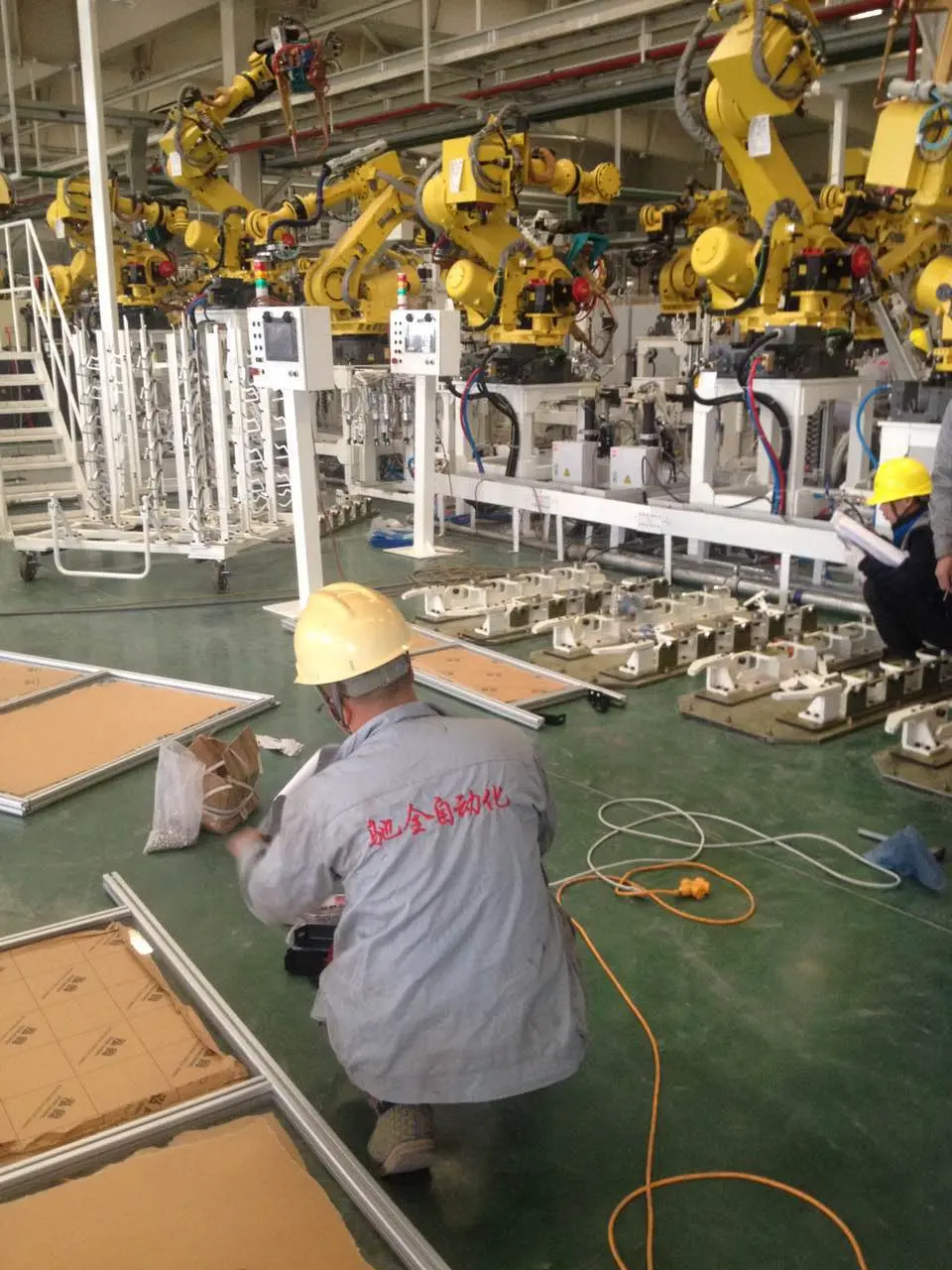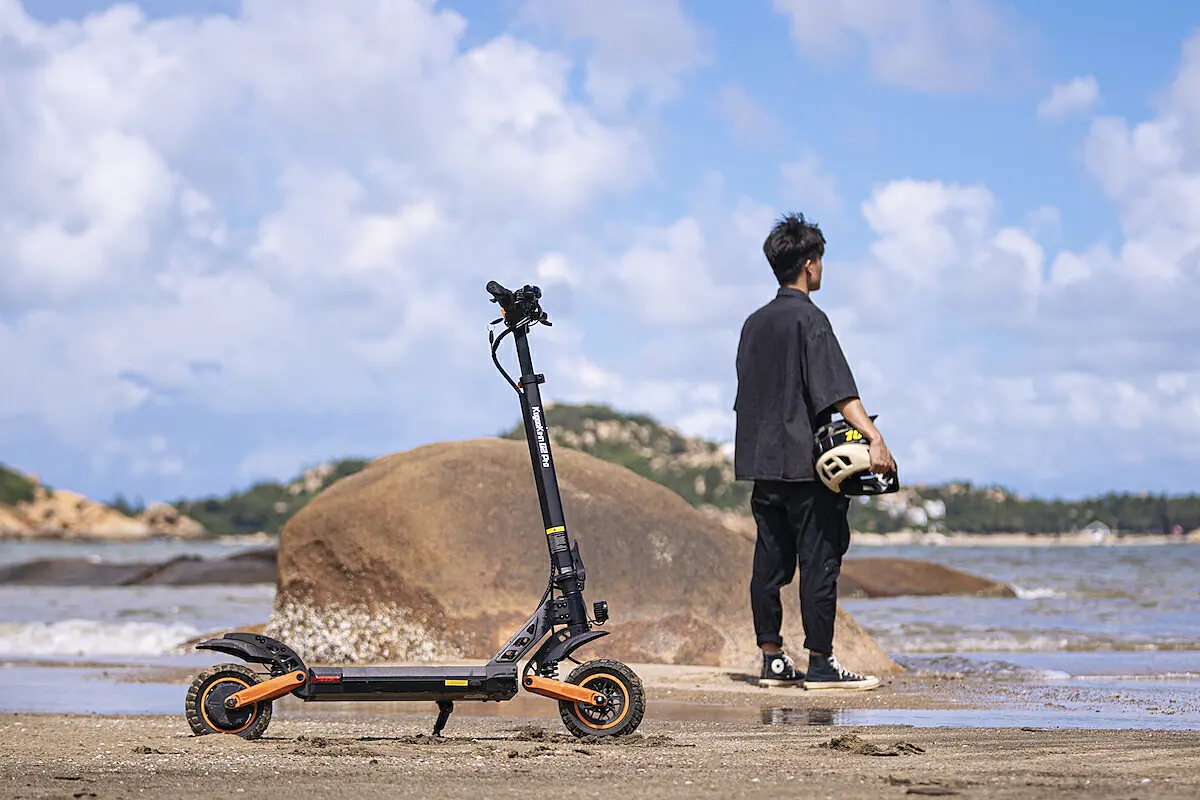How can electric scooters help London achieve its carbon neutrality goal?
How can electric scooters help London achieve its carbon neutrality goal?
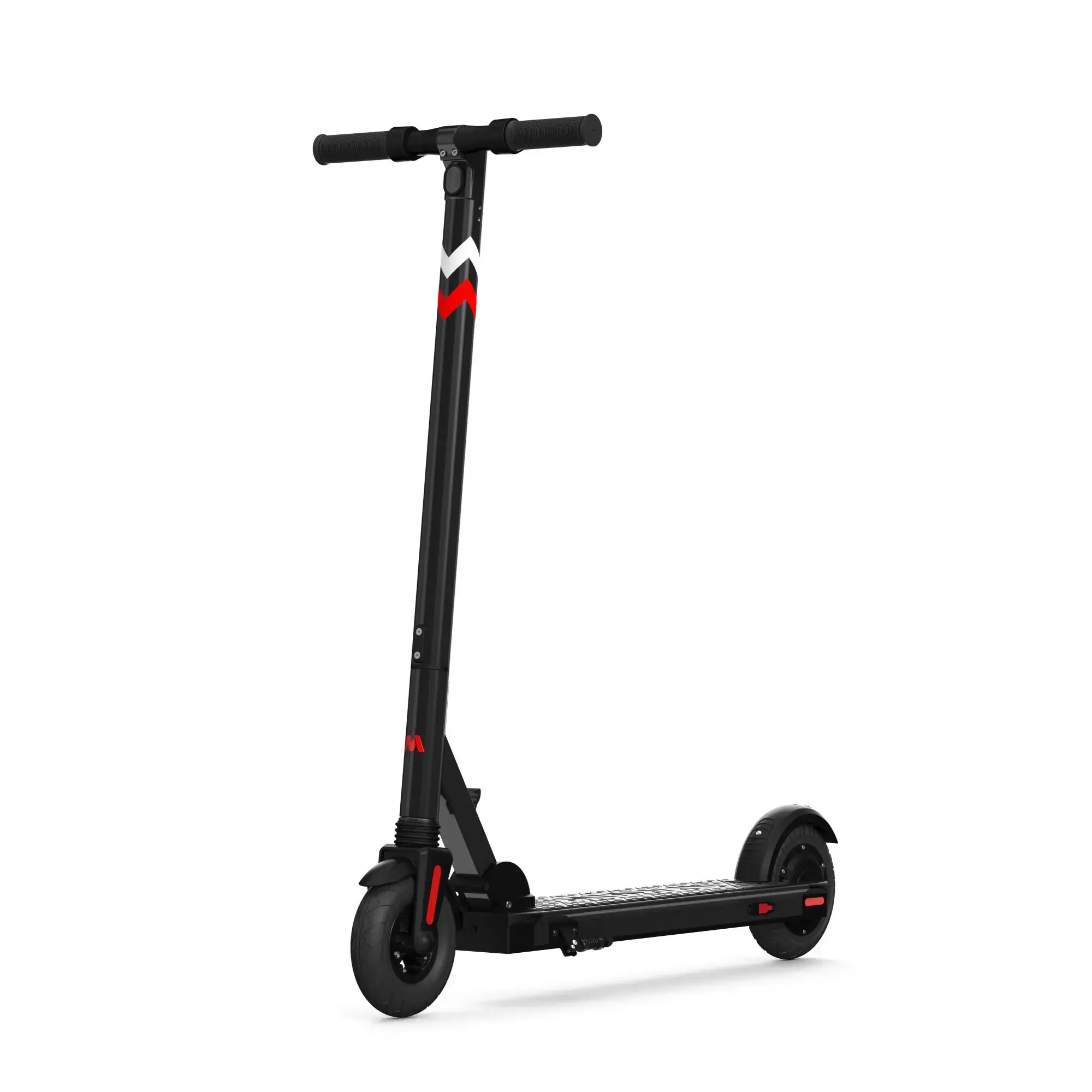
Electric scooters: a key step towards London's carbon neutrality
Under the severe challenges of global climate change today, achieving carbon neutrality has become an important goal for governments and cities around the world. London, a historic and vibrant international metropolis, is also actively seeking various innovative ways to reduce carbon emissions to achieve its ambitious carbon neutrality goal. As an emerging green means of transportation, electric scooters are gradually becoming an important helper for London to achieve this goal. This article will explore in depth how electric scooters can help London move towards carbon neutrality in many aspects, including its changes in traffic patterns, environmental benefits, policy support, and future development potential.
1. The rise of electric scooters and the current situation of traffic in London
London is a busy city with one of the oldest and largest subway systems in the world, and urban public transportation is also very developed. However, with the growth of the city's population and the continuous increase in transportation demand, traditional modes of transportation face many challenges, such as traffic congestion, air pollution, and carbon emissions. Against this backdrop, electric scooters, as a new type of micro-mobility tool, have quickly emerged on the streets of London with their convenience, environmental protection and high efficiency.
2. Environmental benefits of electric scooters
(I) Zero-emission green travel options
Electric scooters do not produce any exhaust emissions during operation, which has significant environmental advantages compared to traditional fuel vehicles. According to relevant research, the carbon emissions of electric scooters are much lower than those of cars and public transportation. For example, the greenhouse gas emissions of electric scooters rented in London are only 36-103 grams of carbon dioxide equivalent per mile. This zero-emission feature makes it an ideal choice for reducing urban air pollution and greenhouse gas emissions, helping London make substantial progress in addressing climate change.
(II) Reducing traffic congestion and energy consumption
Electric scooters are small in size and highly flexible, and can easily shuttle in congested urban environments, effectively reducing commuting time. When more citizens choose to use electric scooters as a tool for short-distance travel, the number of cars on the road will decrease accordingly, thereby alleviating traffic congestion. In addition, the energy consumption of electric scooters is relatively low. The electricity they use can be obtained through renewable energy, further reducing dependence on traditional fossil fuels, reducing energy consumption and carbon emissions.
III. Changes in traffic patterns caused by electric scooters
(I) Replacing short-distance car travel
In London, many citizens travel short distances on a daily basis. Electric scooters provide a fast, convenient and environmentally friendly alternative for these short trips. According to surveys, a considerable number of electric scooter users would have chosen to drive. By encouraging citizens to use electric scooters, the demand for short-distance car travel can be effectively reduced, thereby reducing automobile exhaust emissions and traffic congestion, and having a positive impact on London's carbon neutrality goals.
(II) Complementarity with public transportation
Electric scooters can also form a good complementary relationship with London's existing public transportation system. Citizens can rent electric scooters near transportation hubs such as subway stations and bus stops to achieve fast connection for the "last mile". This seamless transportation mode not only improves the convenience and efficiency of travel, but also further reduces dependence on private cars and promotes the use of public transportation, thereby reducing carbon emissions on a larger scale.
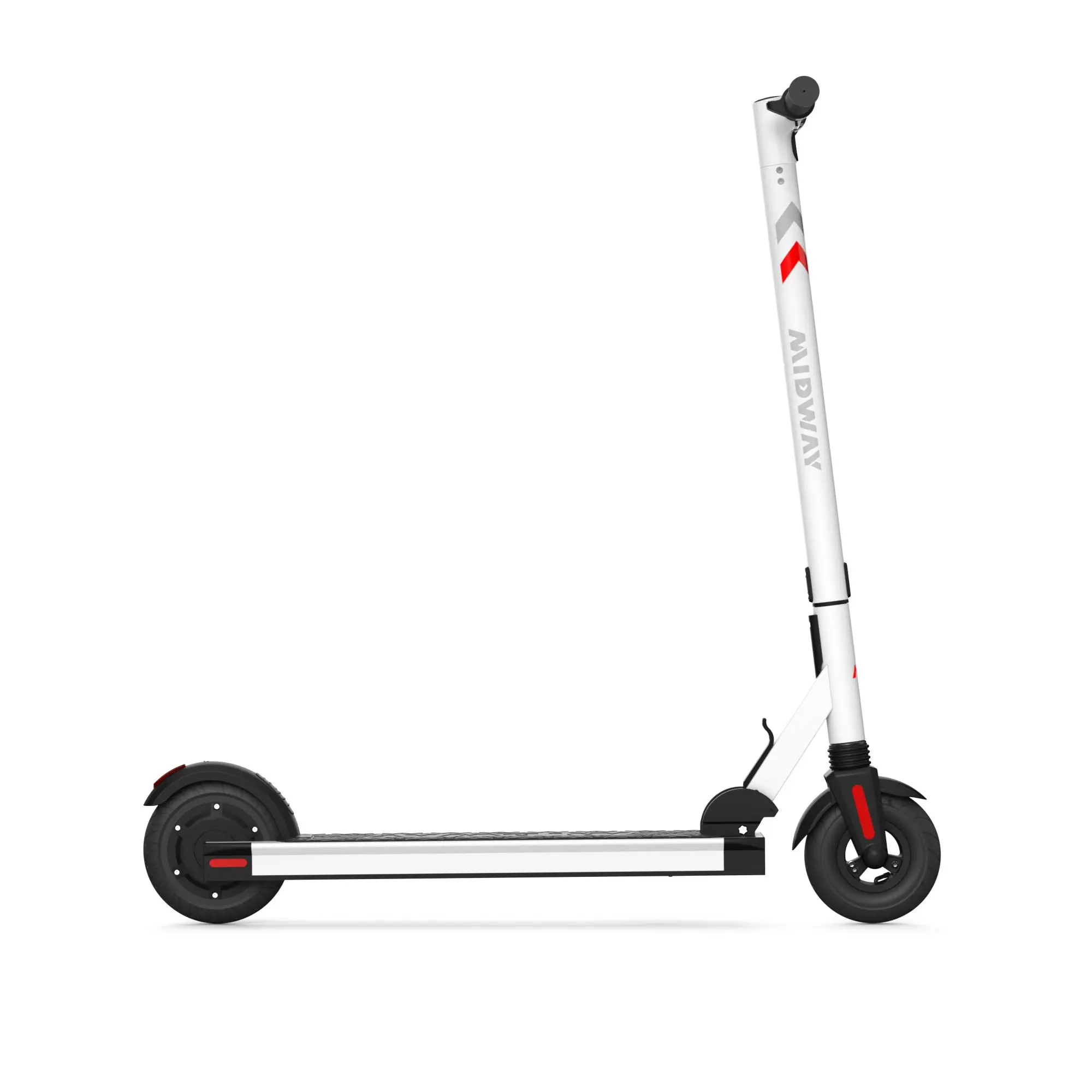
IV. Policy support and promotion measures in London
(I) Shared electric scooter pilot project
In order to explore the application potential of electric scooters in urban transportation, Transport for London (TfL) launched a one-year shared electric scooter pilot project on June 7, 2021. The project is being piloted in multiple areas of London, including Ealing, Kensington, Chelsea, Canary Wharf, etc. By cooperating with a number of electric scooter operators, London provides citizens with convenient rental services, enabling more people to experience and accept this new green travel mode.
(II) Safety and standardized management
While promoting electric scooters, London also attaches great importance to their safety and standardized management. The government requires users to wear helmets when riding to ensure personal safety. In addition, clear regulations have been made on the speed and use areas of electric scooters to reduce traffic accidents and protect the lives of citizens. These measures not only help to improve the social acceptance of electric scooters, but also lay a solid foundation for the long-term development of electric scooters.
(III) Education and publicity activities
London also actively carries out various education and publicity activities to improve citizens' awareness and understanding of electric scooters. For example, the STARS program, jointly launched by Transport for London and Micro UK, promotes active and sustainable travel methods to students and parents through activities, competitions and safety courses in schools. These activities not only enhance citizens' environmental awareness, but also promote the popularization and application of electric scooters in homes and schools.
V. Future development prospects of electric scooters
(I) Technological innovation and performance improvement
With the continuous advancement of science and technology, the technology of electric scooters is also constantly innovating and upgrading. Future electric scooters will have longer driving range, faster charging speed and higher safety performance. For example, some new electric scooters use advanced battery technology, which can be fully charged in a short time and support longer driving distance, which will further improve their practicality and attractiveness in urban transportation.
(II) Integration of intelligent transportation system
Electric scooters are expected to be deeply integrated with London's intelligent transportation system to achieve a more efficient and convenient travel experience. Through interconnection with traffic lights, intelligent parking systems, etc., electric scooters can obtain road conditions information in real time, optimize driving routes and reduce waiting time. In addition, based on big data and artificial intelligence technology, traffic management departments can also accurately analyze and manage the use of electric scooters, further improving the efficiency and management level of urban traffic operations.
(III) Collaborative development of industries
The popularization of electric scooters will also drive the coordinated development of related industries and form a complete industrial chain. From the upstream production of batteries, motors and other parts, to the midstream vehicle manufacturing, to the downstream leasing operations, after-sales services, etc., the development of the electric scooter industry will create more employment opportunities and economic growth points for London. At the same time, the coordinated development of the industry will also promote technological innovation and cost reduction, and promote the further popularization and application of electric scooters.
VI. Conclusion
As a green, convenient and efficient micro-mobility tool, electric scooters play an important role in London's efforts to achieve its carbon neutrality goals. By reducing short-distance car travel, complementing public transportation, and reducing energy consumption and carbon emissions, electric scooters provide strong support for London's sustainable development. With the government's policy support and promotion, the use rate of electric scooters in London has continued to increase, and citizens' acceptance has also increased. Looking ahead, with the advancement of technological innovation, the integration of intelligent transportation systems and the coordinated development of the industry, electric scooters will play a more important role in London's urban transportation and make greater contributions to achieving the goal of carbon neutrality. Let us look forward to the widespread use of electric scooters in London, bringing a greener, cleaner and better future to this ancient city.








